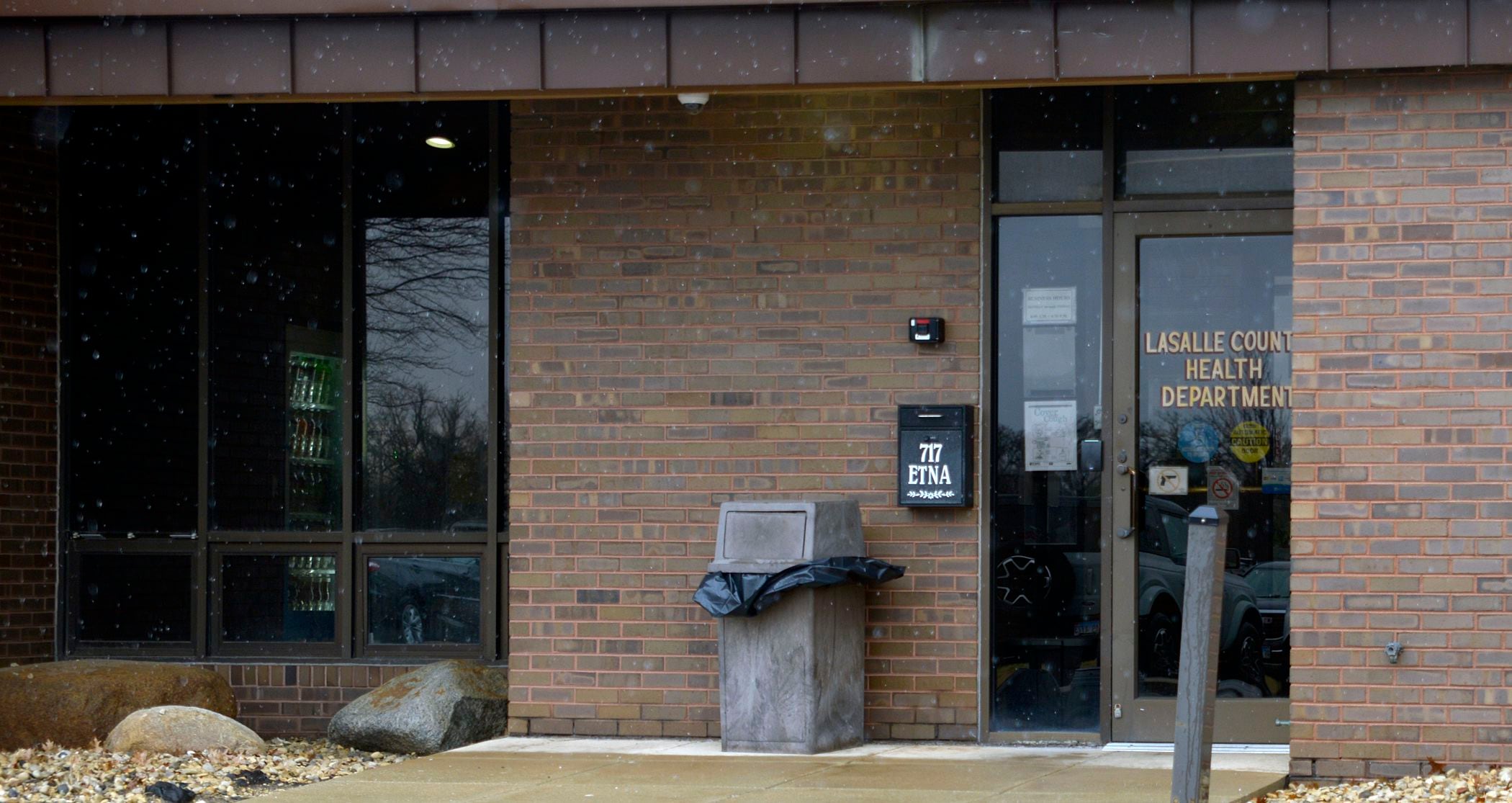Most people assume there is a single future “out there” that can be accurately identified, predicted and prepared for. In an increasingly complex and geopolitically interwoven world, the choices we make today can have unintended consequences and conversely, we may also be impacted by policies and decisions which are far beyond our control. By virtue of each person’s unique circumstances, almost all futures have “good” and “bad” features (i.
e. winners and losers), thus determining a “preferred” future that meets the society’s collective needs is quasi-impossible. Enter one of the most topical and (dare we say) contentious topics of the 21st century: climate change.

It can be overwhelming to keep abreast of all the latest developments, to say nothing of the mental and emotional toll it can take when faced with a barrage of concerning news cycles dominated by climate disasters: record high temperatures, flash flooding, deadly droughts, destructive hurricanes and widespread diseases, to name but a few. Despite being more globally connected than ever, the truth is that as a society we naturally resonate with the proximate, the familiar and the relatable. Disasters in a far-off continent might instil a cursory twinge of sympathy, but most struggle to place themselves in scenes and situations that seem so alien to Mediterranean life.
Such small comforts have begun to break down however, with more recent news of climactic hazards coming from our own neighbourhood. Catastrophic floods in Italy, Spain, Greece and Libya have provided an eye-opening glimpse into Malta’s potential fate in the event we are hit by similar torrential rains. Heat-related deaths in the region have seen a steady increase and are only set to get worse as temperatures rise, with heatwaves in particular expected to exacerbate the already harsh conditions in Malta.
Diseases previously absent in the sub-tropics, such as the mosquito-transmitted dengue fever, have been steadily encroaching on southern Europe. These are but a few of the previously unimaginable impacts of a rapidly changing climate. The data is compelling, and the science is clear: the way we’re living today is not sustainable.
It is, however, challenging to comprehend the possible impacts of a changing climate. Topical experts are well aware that most people think of “the future” as a simple extension of the status quo − a natural consequence of our limited ability to visualise a tomorrow that is radically different than our today. This narrative oftentimes also suits our interests and short-term desires.
How much more invested would we be, and how much more willing to plan and seize the opportunities to adapt and protect our island home, if we were confronted with visions of the risks facing Malta? Combining science and facts, scenario analyis and disruption map techniques, EY Malta has set out to present these visions of Malta 30 years in the future. Inspired by the framework developed by futurist Jim Dator, these scenarios show us what the best- and worst-case scenarios for Malta’s future might look like if we continue on our current path, or if we take drastic action and change course to a radically new system. The four scenarios – business as usual (BAU), collapse, constrain and transform − have been tailored to the island’s unique circumstances using scenario analysis, local trends, historic events and global weather patterns to create compelling images of the future.
As the old adage goes, forewarned is forearmed, and exploring these visions of Malta’s possible futures will help equip stakeholders with the knowledge and drive they need to act. Join us on April 29 to experience Malta’s four climate futures and explore actionable steps towards a sustainable future. Don’t miss the opportunity to be part of this critical dialogue and gain the knowledge needed to help shape a better tomorrow together.
Register at . You can unsubscribe at any time by clicking the link in the footer of our emails. We use as our marketing platform.
By subscribing, you acknowledge that your information will be transferred to Mailchimp for processing..
Top

‘Envisioning Malta’s Four Climate Futures’ − a catalyst for change

A collapsed bridge in Rhodes island after heavy rainfall, on December 1, 2024. Photo: Stringer/Eurokinissi/AFP











